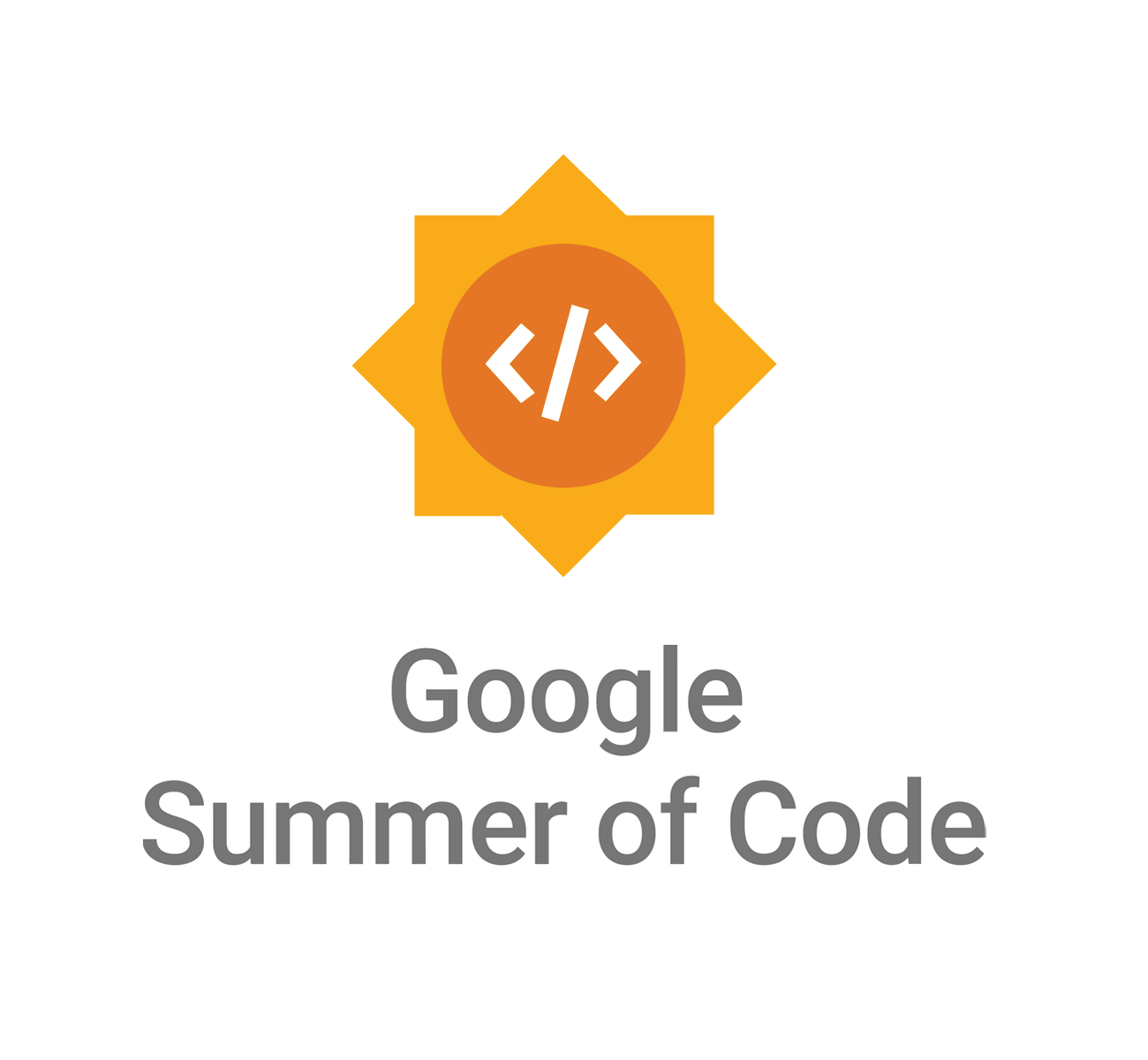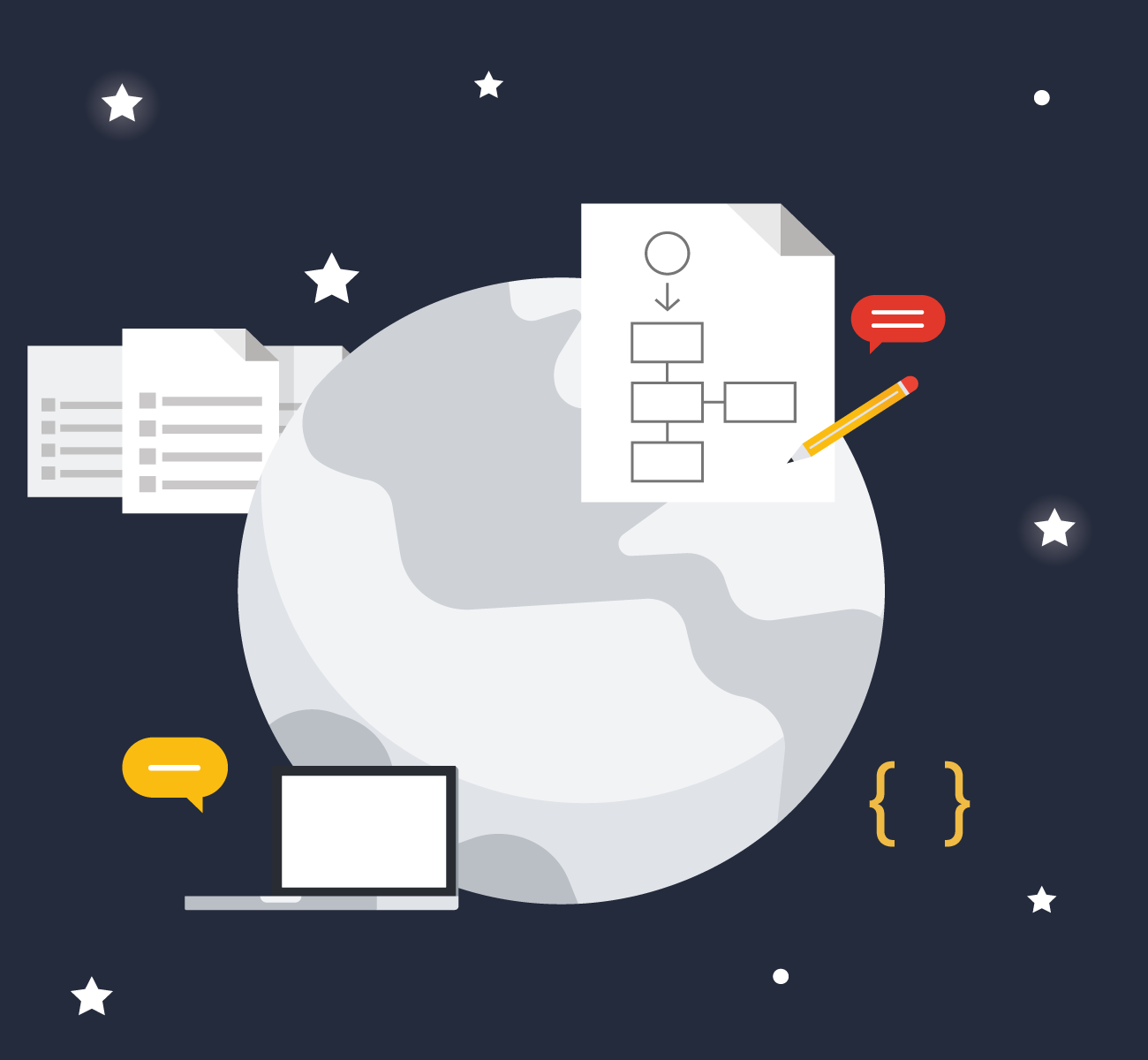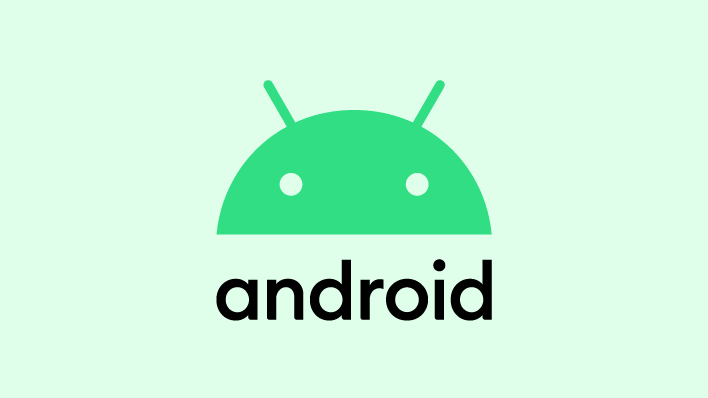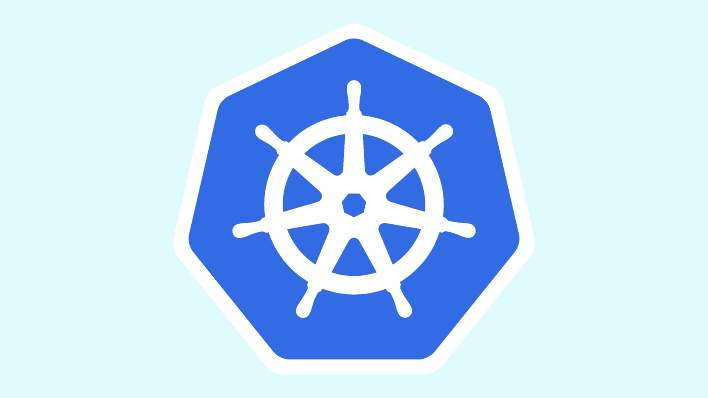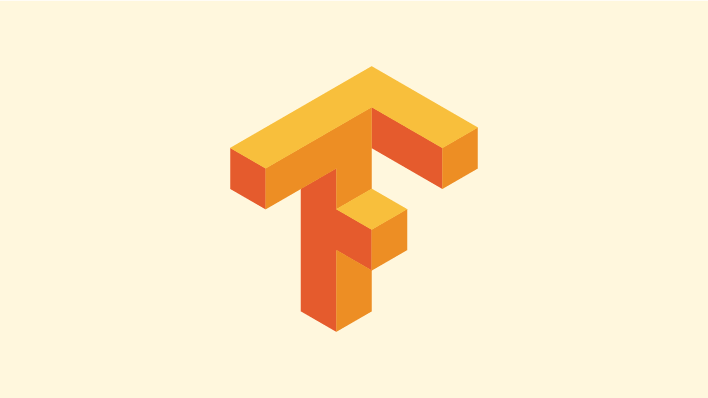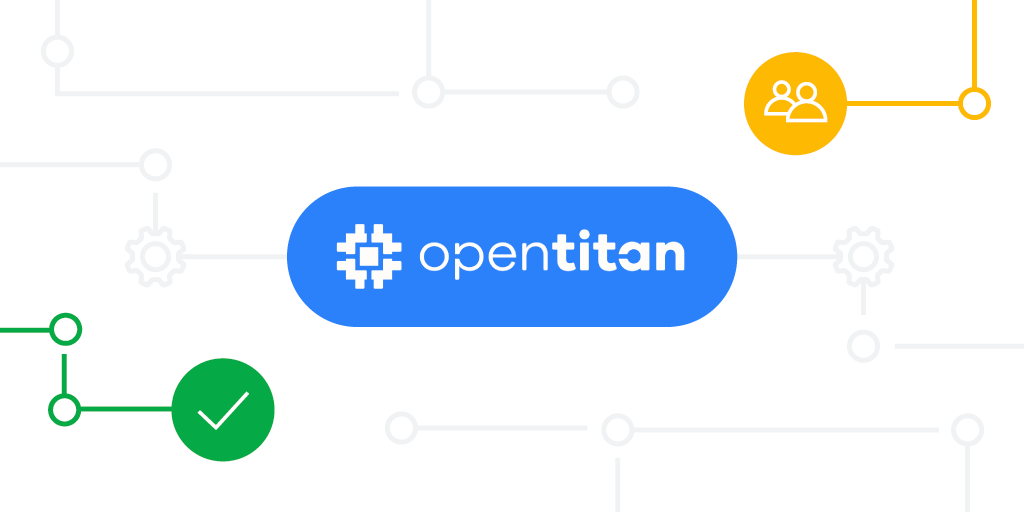
Código abierto de Google
Llevamos todo el valor del código abierto a Google y todos sus recursos.
Beneficios para todos
Google considera que el código abierto resuelve problemas del mundo real para todos. La Oficina de Programas de Código Abierto de Google respalda la innovación, la colaboración y la sustentabilidad de código abierto a través de nuestros programas y servicios.
Úsalo
Lanzamiento
Asistencia

Programas destacados
Los programas de código abierto de Google respaldan proyectos de código abierto habilitando nuevos colaboradores, creando mentorías y documentación de apoyo.
Google Summer of Code 2023
Google Summer of Code es un programa global en línea enfocado en atraer nuevos colaboradores al desarrollo de software de código abierto. Los colaboradores de GSoC trabajan con una organización de código abierto en un proyecto de programación de más de 12 semanas bajo la orientación de mentores.
Temporada de Documentos de Google 2023
Google Season of Docs proporciona asistencia para proyectos de código abierto a fin de mejorar su documentación y les brinda a los escritores técnicos profesionales la oportunidad de adquirir experiencia en el código abierto. Juntos creamos una cultura de mejor documentación en código abierto.

Proyectos
En Google, usamos el código abierto para innovar y lo lanzamos para compartir nuestras innovaciones. Te animamos a explorar nuestros proyectos destacados para encontrar trabajos que puedas usar, compartir y ampliar.
Android
Android is an operating system and software stack created for an array of devices with different form factors, including phones, tablets, wearables, TVs, automobiles, and connected devices. The primary purposes of Android are to create an open platform available for carriers, OEMs, and developers to make their ideas a reality and to provide a successful, real-world product that improves the mobile experience for users.
- Dispositivos móviles
- Java
- C
Chromium
Chromium is the web browser that Google Chrome is built on. It is meant to feel lightweight (cognitively and physically) and fast. When released, it brought a sandbox security model, minimalist user interface, and tabbed window manager that many other browsers have since adopted.
- Web
- C++
- Objective‑C
- Java
Kubernetes
Kubernetes is a cluster management system for managing containerized applications across multiple hosts, providing mechanisms for deployment, maintenance, and scaling of applications. It groups containers that make up an application into logical units for easy management and discovery.
- Contenedores
- Computación en la nube
TensorFlow
TensorFlow is an end-to-end open source platform for machine learning. It has a comprehensive, flexible ecosystem of tools, libraries, and community resources that lets researchers push the state-of-the-art in ML, and gives developers the ability to easily build and deploy ML-powered applications.
- Python
- C++
- Java
- JavaScript

Blogs destacados de BigQuery
En el blog Google Open Source, encontrarás noticias interesantes sobre lanzamientos, proyectos y actualizaciones del programa de Google, así como entradas de invitados de nuestros socios de proyectos y participantes del programa.
Google Summer of Code 2025 Contributor Applications Now Open!
Since 2005, GSoC has successfully brought over 21,000 new contributors from 123 countries into the open source community. This is an exciting opportunity for students and beginners to open source (18+) to gain real-world experience this summer. You
Meet the Mentoring organizations of GSoC 2025!
We are thrilled to share that we have selected 185 open source projects for the 21st year of Google Summer of Code (GSoC) Get to know more about each organization via their individual GSoC program page. There you will find the best way to engage with
Tag-Based Protection Made Easy
Managing backups across cloud environments can be challenging, particularly when dealing with large-scale infrastructure and constantly evolving workloads. With tag-based protection, organizations can automate backup assignments, ensure broad
Fabrication begins for production OpenTitan silicon
With malicious software on the rise, how can you be certain that a computer, server, or mobile device is running the code (and provisioning data) that was intended? You can't just ask the code itself, so where do you start? The answer is deceptively





